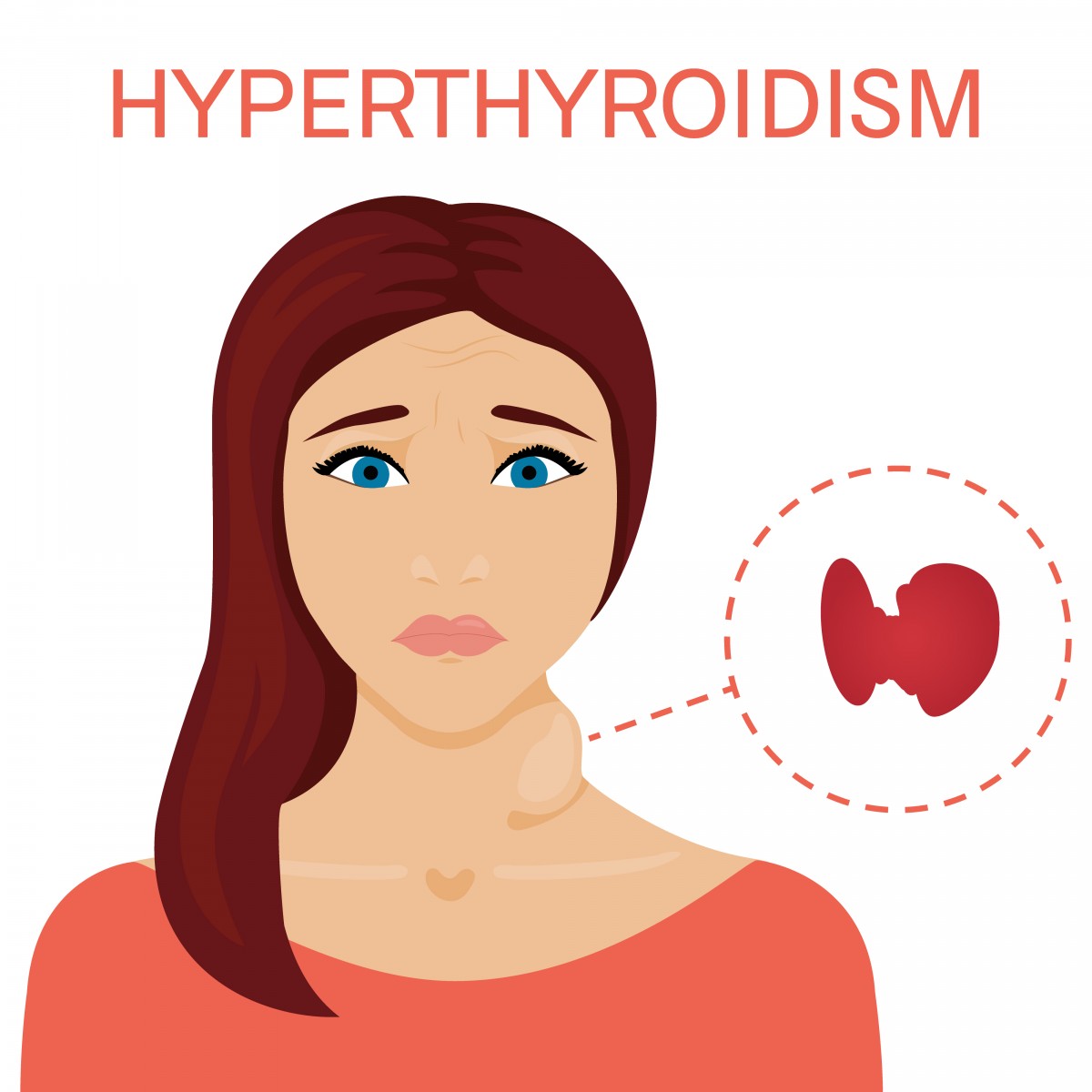Romance novels and romcoms have made some of us believe that having a racing heart is a good feeling, however in reality, when your heart is racing/beating too fast, it can be a very uncomfortable feeling and may be a sign that something is not right in your body.
Under normal circumstances, we do not usually feel our hearts beating. Heart palpitations are heart beats that suddenly become more noticeable. This includes feeling like your heart is pounding, fluttering or beating irregularly.
This can be caused by a number of things, some of them more serious than others.
Caffeine
Which is found in coffee has stimulant effects and this can cause palpitations in some people. This may be due to the way caffeine stimulates the nervous system and increases certain hormones. Additionally, caffeine causes increased urination and in the case of someone who is not well hydrated, this effect can lead to an electrolyte imbalance that throws off normal heart rhythm. If you notice your heart racing after consuming caffeinated coffee, tea, soda, or chocolate, you may want to avoid these. Also avoid energy drinks containing high doses of caffeine combined with high doses of sugar as such drinks may also cause palpitations.

Fever
A high fever may cause an increased heart rate as your heart speeds up to meet the demands required by your body’s anti-inflammatory response. There is an increase in blood circulation to the skin and extremities in an attempt to cool the body down and this increases the work of the heart, making it beat faster.

Hyperthyroidism
The thyroid gland is a gland located in the neck. It secretes a hormone called Thyroxine which is crucial to many body functions. An overactive thyroid gland, known as hyperthyroidism, can cause release of too much thyroxine into the bloodstream. This can result in heart palpitations, irregular heartbeat, abnormal heart rhythm, and tachycardia. Other symptoms of hyperthyroidism are unintended weight loss, increased appetite, tremors, fatigue, and an enlarged thyroid gland (goiter) at the base of the neck.

Iron deficiency Anemia
Hemoglobin is the protein in red blood cells that helps transport oxygen around the body.
In iron deficiency, low levels of hemoglobin mean the heart has to work extra hard to carry oxygen.
This can lead to irregular heartbeats, or the feeling that your heart is beating abnormally fast.
In extreme cases, it can lead to an enlarged heart, heart murmur or heart failure
Exercise
This one goes without saying. Strenuous exercise can lead to heart palpitations. After exercising the heart returns to normal patterns. During exercise, your heart rate increases to keep your body supplied with oxygen. Adrenaline levels rise and remain high after exercise, as the heart rate returns to normal. Palpitations may occur at this stage, and fade as adrenaline levels fall to normal as well. If palpitations are accompanied by chest pain, lightheadedness, fainting, or shortness of breath, it would be wise to see a doctor.

Alcohol
Excessive or unaccustomed consumption of alcohol can interfere with normal cardiac conduction or electrical signals of the heart. This results in Atrial Fibrillation. Both occasional binge drinking and prolonged alcohol abuse can cause signs of an irregular heartbeat. They can also cause chest pain, fainting, and shortness of breath.

Anxiety
Stress can cause your heart to race as your body prepares for flight or fight in reaction to perceived danger. In response to stress, your heart rate can increase in an effort to circulate more blood through your body in order to equip you to fight off a threat. Anxiety can also trigger a panic attack. In this case, your heart may feel as if it is racing. You may feel as though it is skipping beats, and you may notice your heart pounding. In general, with anxiety-related heart symptoms, your heart rate will slowly return to normal over time.

Arrhythmia
Sometimes palpitations are caused by an irregular heart rhythm, known as arrhythmia. There are several types of arrhythmia that can cause rapid heartbeat or palpitations. Atrial fibrillation, or AFib, is an arrhythmia in which the upper chambers of the heart contract irregularly. Ventricular fibrillation (VFib) is an arrhythmia of the lower chambers of the heart. Atrial or Supraventricular Tachycardia (SVT) occurs when electrical impulses in the upper chambers of the heart fire abnormally, resulting in a rapid heart rate. Heart palpitations due to underlying heart conditions tend to begin and end abruptly. Arrhythmias are usually diagnosed by doing specific heart monitoring tests.
If you start to observe that your heartbeat is now more noticable, especially over a long period of time, take note of any possible triggers such as caffeinated drinks and if you are not able to identify any triggers, see your doctor to discuss your symptoms and get a proper examination done.






